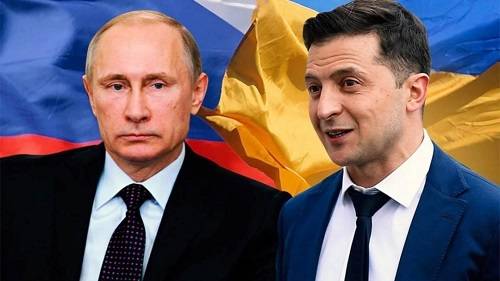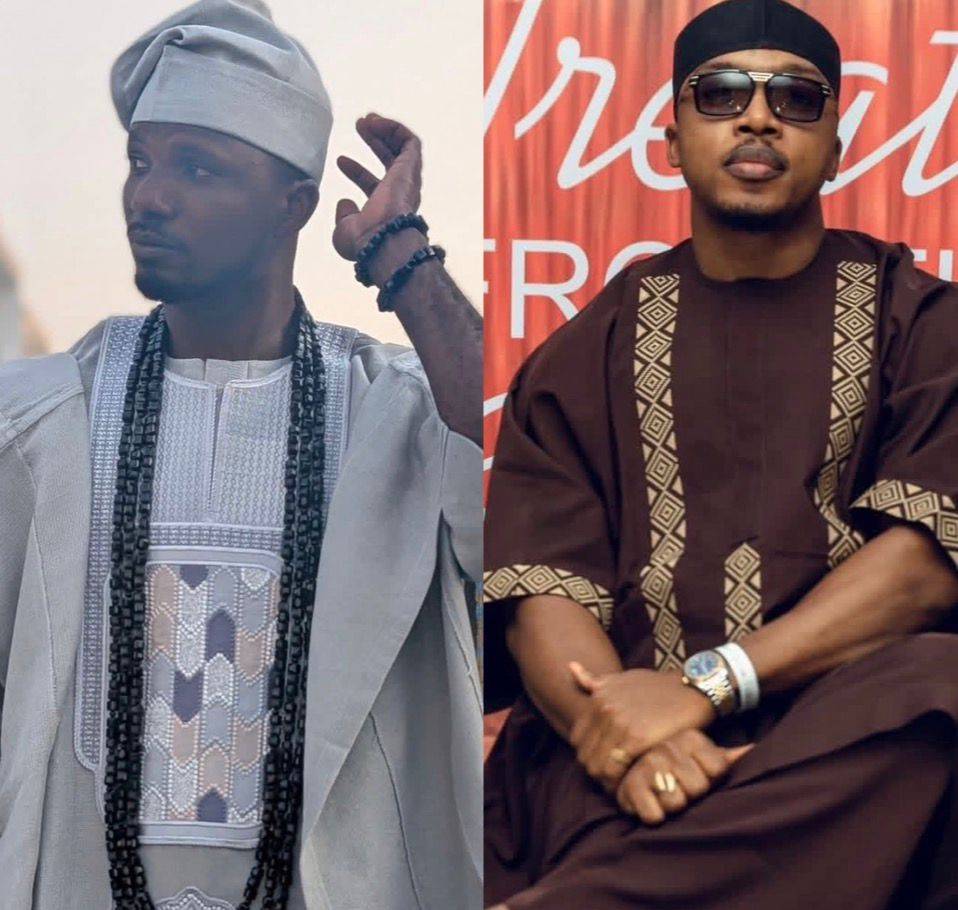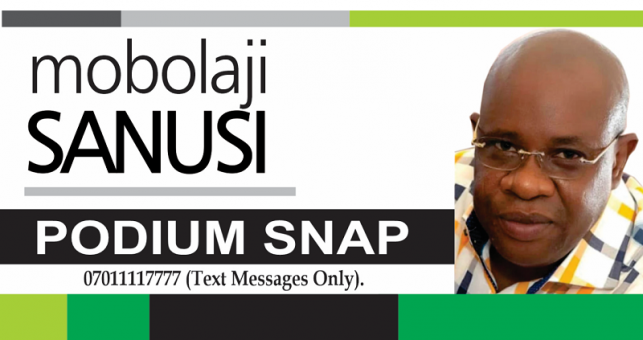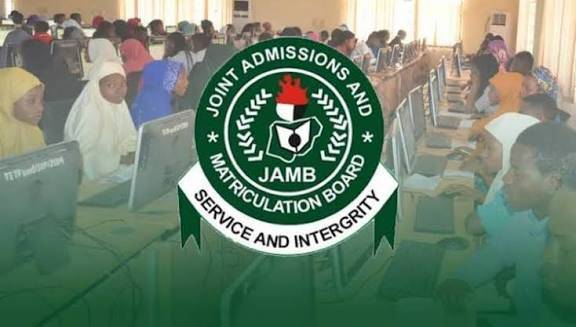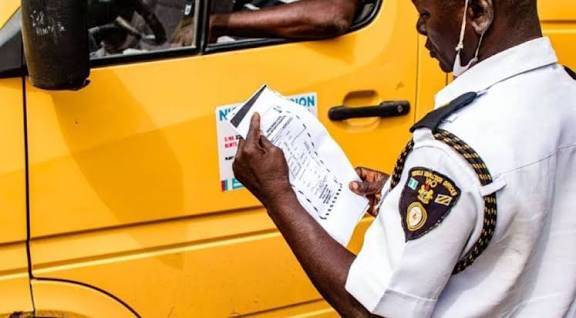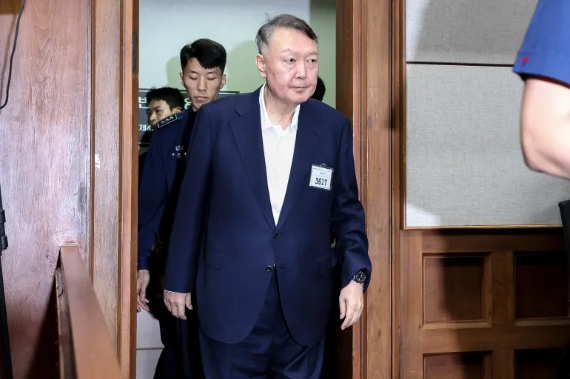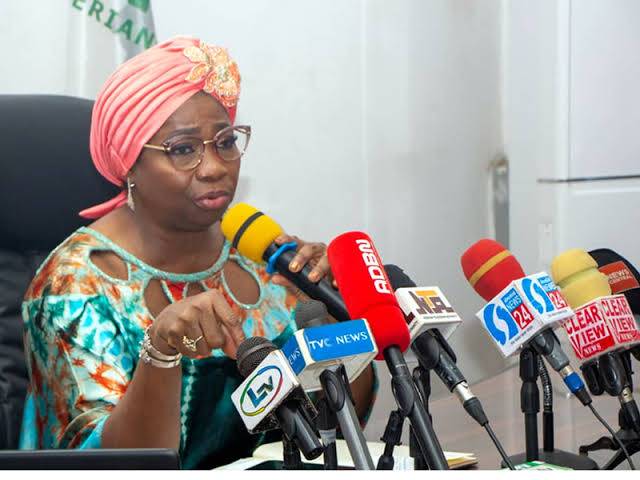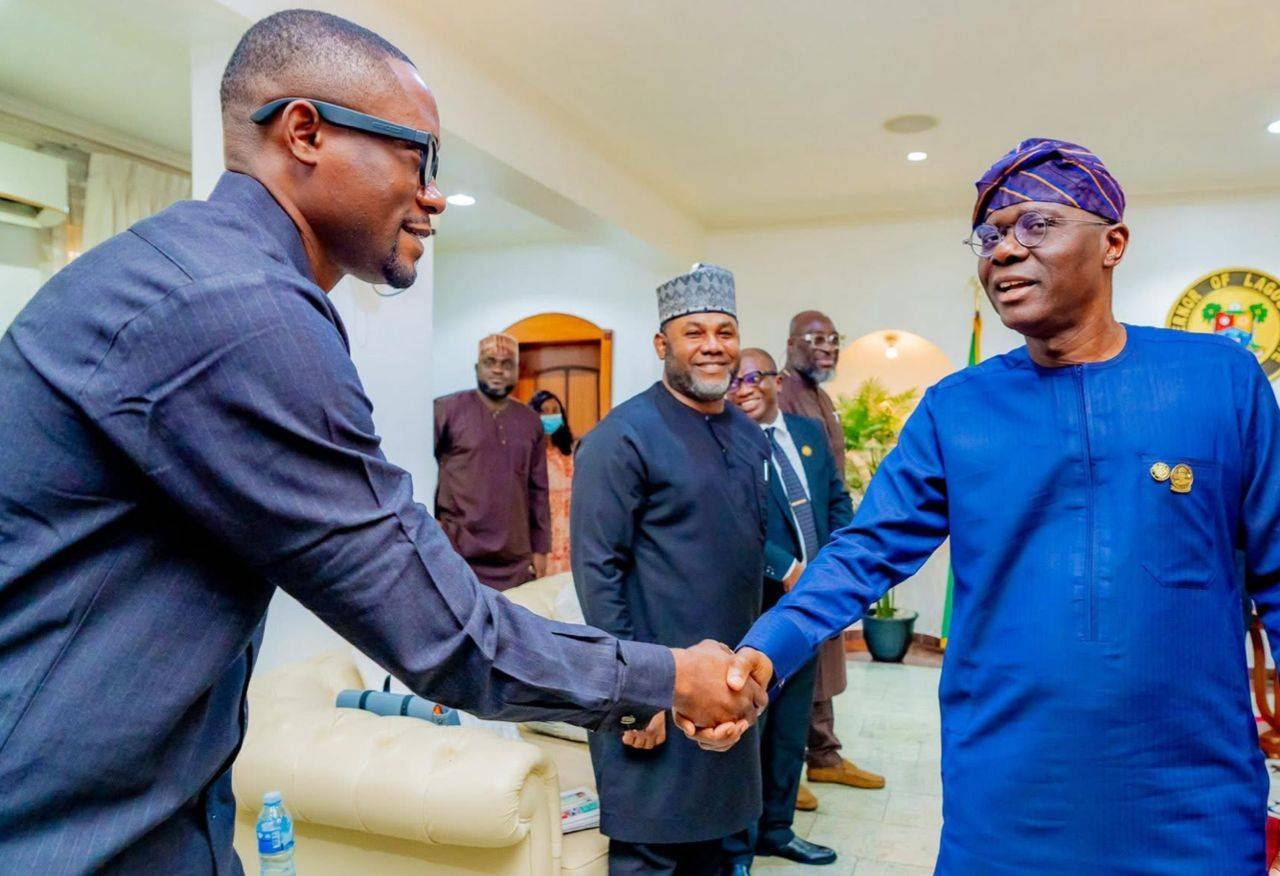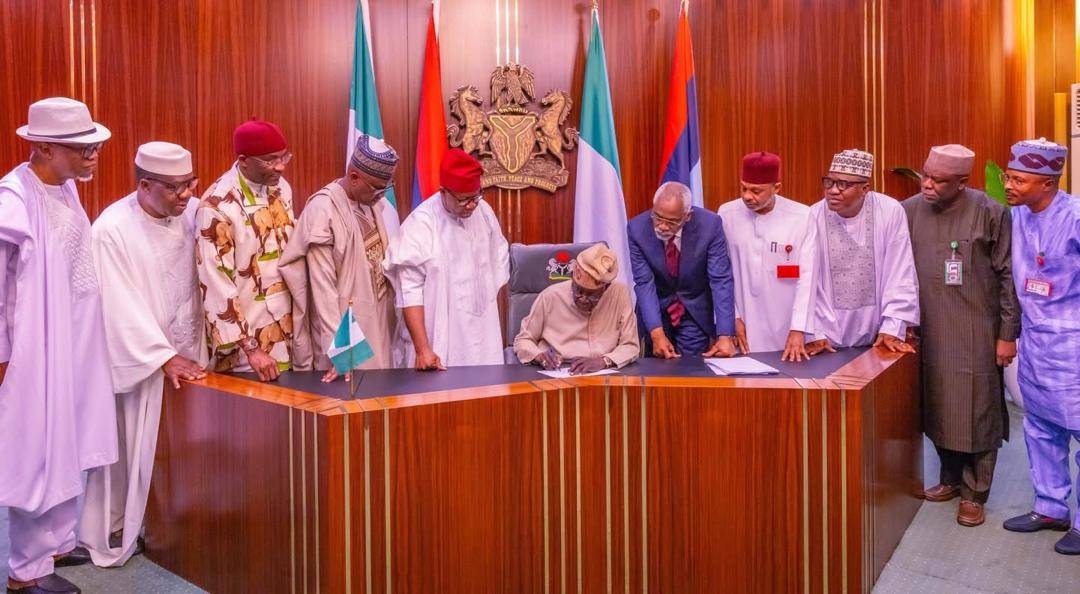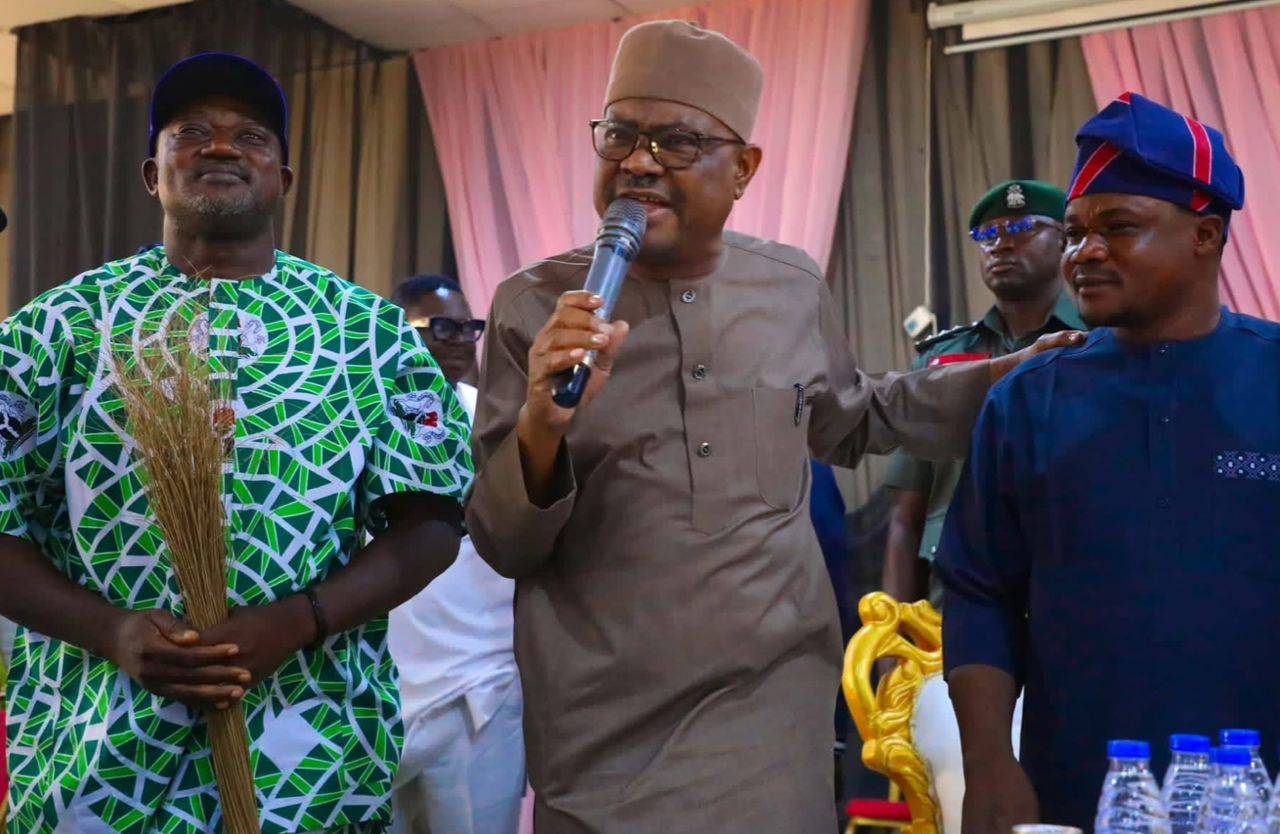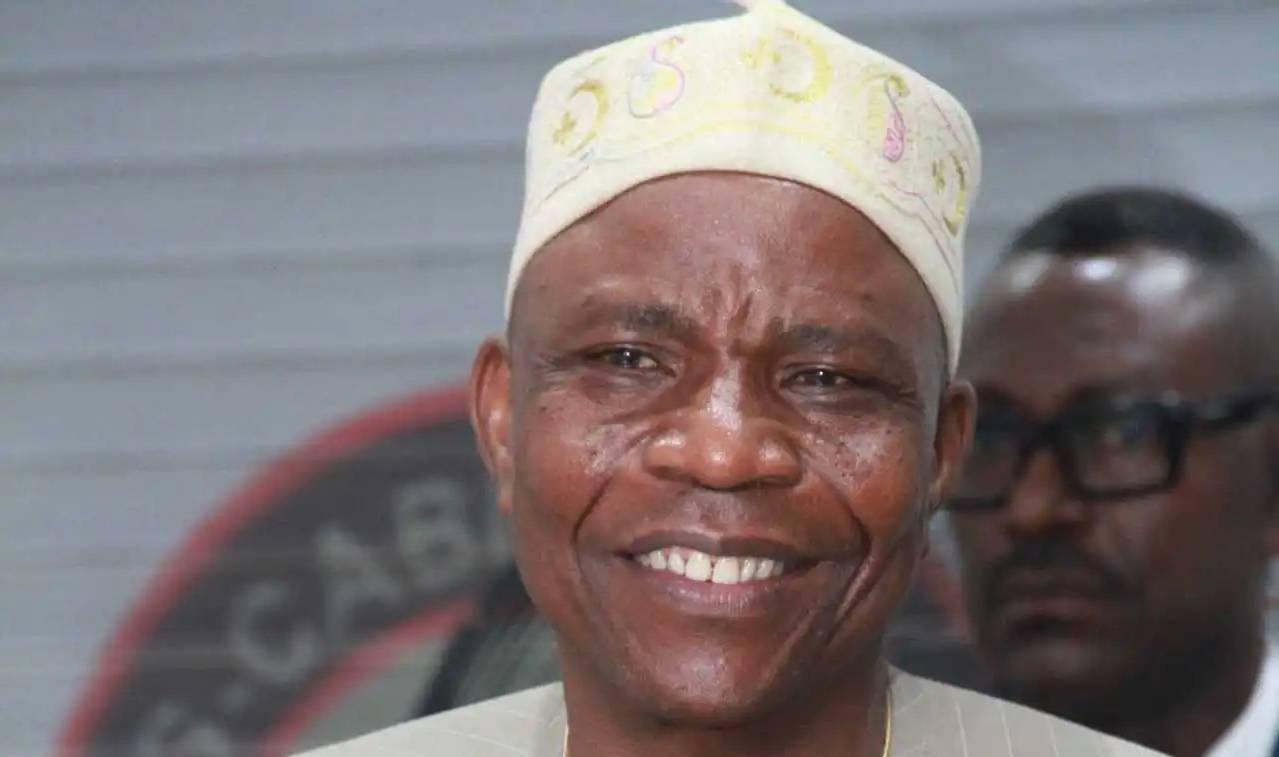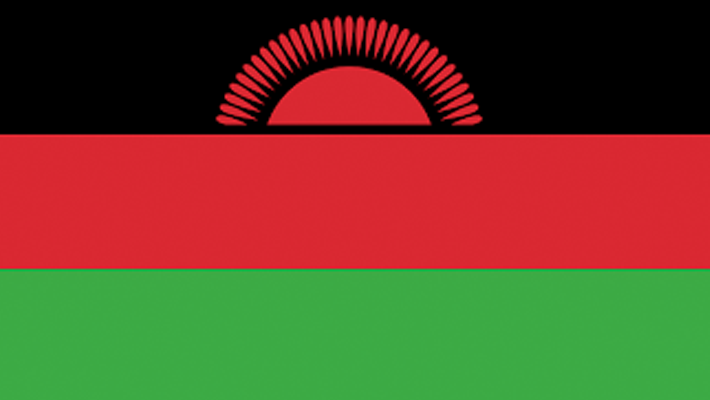By Segun Ayobolu
To those for whom the dominant source of information and perspectives on contemporary global affairs are such hegemonic news organizations as CNN, Skynews, BBC or Reuters among others, the Russian President, Vladimir Putin, is the number one outlaw and most dangerous threat to law, order, peace and stability in today’s world. Ever since his country’s admittedly undesirable and, to a certain extent, unjustifiable invasion of a sovereign Ukraine on February 24, last year, the West, with its control of the global information and communication ‘disorder’ and its unrivaled mastery of propaganda, has persistently and mostly successfully painted the picture of a Putin who is a veritable ‘Hitler’ and intolerable villain that is an exception in a world characterized by widespread respect for the dignity, integrity and liberty of sovereign entities. Nothing could be more illusory. In war, the great Winston Churchill declared in the wake of World War 11, ‘truth is so precious that she should always be protected by a bodyguard of lies’.
Falsehood has naturally and perhaps inevitably been deployed in defence of what various vested interests perceive as the truth from their differing perspectives in the Russo-Ukrainian war. But this has been most effectively, and almost persuasively, done by the West led by the United States. Watching and listening to dominant western media monopolies’ reportage and commentary on the war, you would believe that war atrocities are perpetrated only by the Russian side while the Ukrainians are veritable saints; that there is only one narrative to the conflict – that which emanates from ‘underdog’ Ukraine and dutifully trumpeted and amplified by its Western allies and benefactors. From this prism, there are no Russian victims suffering injustice at the hands of the Ukrainians in this conflict and no Russian triumphs on the pitched battlefields even if the most crippling sanctions and unprecedentedly humongous financial and material support for the Ukrainians has not succeeded in rolling back the Russian intrusion significantly even though the aggressors have not achieved the kind of easy victory they assumed and which motivated the attack in the first place.
Many in the West believe that most African countries have been rather lukewarm in condemning the Russian invasion and have not been as vehement in denouncing the latter as they would have wanted. But the dilemma of Africa is understandable. Pray, where was most of the Western world, particularly the United States and Britain, when the defunct Soviet Union backed Africa in the war against colonialism and racist apartheid in Southern Africa? Didn’t Britain’s Margaret Thatcher and America’s Ronald Reagan openly canvass and support so-called ‘constructive engagement’ with the racist regimes in South Africa, Angola, Mozambique and Zimbabwe even as their favorite villain today, Viladmir Putin, was on the battlefront in Angola for three years and contributed his quota to the defeat of the last vestiges of colonial and racist imperialism in Africa? For us in Africa, it can certainly not be an unquestioning and uncritical acquiescence with Western perspectives on the Russo-Ukrainian war or any other conflict or issue.
It is of course only natural that African scholars and public intellectuals have understandably also focused interest on the Russo-Ukrainian conflict and Nigeria is, of course, no exception. After all, the continent has also been significantly affected by the deleterious consequences of the disruption to global fuel, grains and other international supply channels occasioned by the war. Dr. Dapo Thomas of the Department of History and International Relations of the Lagos State University (LASU), casts his analytic searchlights on the conflict in his article, “Russia’s War Maxim and Paranoid Parallelism” published in the Vol. 06, June 2023, edition of the journal, ‘Social Science and Humanities Research’. The piece evinces the author’s characteristic flair for meticulous research and insightful exegesis but also reflects the uncomfortable tightrope which the African intellectual is forced to walk in confronting critical contemporary global issues.
The objective of the paper is to ‘interrogate the national tendencies and personal idiocies at play when a major power and a global power involved in the Cold War, the US and Russia (the substance of the collapsed Soviet Union) are again engaged in a simmering altercation capable of leading to a “Colder War” a la Katusa Marin’. In this regard, the paper discusses ‘the fragility of the system’s fundamentals and the behavioral latitude of the actors’ traction and energies towards strategic cooperation. The objective of the study is to draw attention to operational inadequacies in the international system whose basic function is to guide the world in shaping a global order that will engender peace and stability among the various state and non-state actors’. Thus, the writer submits that ‘The pursuit and personal desires by leaders via simulated national interest is a major albatross to an international system created to stimulate global peace and promote stability’.
It would appear that implicit in Dr. Thomas’s main thesis in this piece is an assertive denunciation of what he insinuates in the title as Russia’s ‘War Maxim’ that is reflective of unjustified ‘paranoia’ and that country’s futile attempts to draw parallels with external conflictual aggressiveness, particularly on the part of the United States. Even if it is not clearly stated and is perhaps unintended in the essay, the Putin that comes across is that of the irredeemable villain of the West as earlier depicted above. As a scholar, Dr Thomas can readily be placed as a ‘progressive conservative’ and it is thus not surprising that his reflective focus on the roots, tenor and texture of the Russo-Ukrainian conflict evinces an inclination towards the US-led Western perception of the war.
After an exhaustive examination of Russo-Ukrainian relations dating back to the existence of both entities within the hitherto sovereign territorial framework of the defunct Soviet Union under communist ideological suzerainty, the writer is unconvinced about the reasons proffered by Putin for his country’s invasion of Ukraine. He thus is of the view that ‘Putin’s reasons for invading Ukraine were largely unfounded, egocentric and vengeful. It had always been part of his hidden agenda on assuming power to redress what he considered his ‘predecessors’ unforced errors’ over the transfer of Crimea to Ukraine in 1954 and the termination of the Cold War in 1988 cum the breakup of the Soviet Union in 1991. Both of his predecessors, Khrushchev and Gorbachev- whose actions he was trying to reverse – went down in history as men of peace. On his part, Gorbachev won the Nobel Peace Prize in 1990 for his leading role in the peace process in the international system that Putin is fiendishly working hard to rubbish’.
Of course, I do not subscribe to Dr Thomas’s over-romanticization of what he perceives as the commitment of the West led by the US to global peace and tranquillity. They are at best comfortable and content only with a peace that does not question or disturb the entrenched historic injustices and inequities they have profited from and continue to do so to the detriment of long subjugated, oppressed and exploited sections of humanity in our contemporary world. True, the unilateral invasion of a sovereign Ukraine by Putin’s Russia with the attendant large-scale loss of lives, destruction of infrastructure, and displacement of hundreds of thousands of innocent citizens is utterly without justification. But is Putin a madman as depicted by the West who just woke up on the wrong side of the bed and decided on the now stalemated military expedition against Ukraine?
As the author’s historical analysis itself shows, Russia and Ukraine have long historical and cultural relations and share considerable geographical contiguity. He explains thus, ‘Though the history of Russia and Ukraine has been complicated considering their cultural attractions, the Russians have always believed that Ukraine was part of them. When Ukraine asserted its independence in 1918 with its capital in Kiev, Russia decided to establish another capital in Kharkov. This led to a serious fighting between the two of them with Russia finally gaining the upper hand. That was what led to the establishment of the Ukrainian Soviet Socialist Republic, one of the founding Republics in the Soviet Union in 1922’. At least 30% of the Ukrainian population are said to be Russian speaking. Does Russia not have a legitimate interest in seeking to protect the interests of its ethnic nationals in the neighboring country especially in the face of alleged threats by ultra-nationalist anti-Russian elements in that country? Happily, despite his own explicit pro-West ideological disposition, Dr Thomas is intellectually honest and forthright enough to aver that ‘Putin is not one to be persuaded or convinced that the US adventurism and activities in the international system are driven by any universal philosophy relating to global peace and security. No matter how much the US belabours itself to demonstrate to the world that it has good intentions in stemming the tension endemic in the international system, some of its actions in Eastern Europe, the Middle East, and Asia are too sententious to agree with this position. Until the US reduces its ubiquity in the local affairs of some of these countries such as Israel, Japan, Ukraine, South Korea, Norway, Australia, its sincerity about working for global peace and security will remain unbelievable’.
This is the blunt truth and Africans especially, given our long inequitable and unjust relationship with the West as highlighted particularly by over five centuries of slavery, colonialism, and neo-colonialism, must not shy away from saying so. Can we ever forget the role of the US and/or its allies in the deaths of thousands in its genocidal war against Vietnam, in the overthrow and assassination of socialist President Salvador Allende in Chile, the sabotage and temporary dislodgment of the progressive President Ortega and the Sandinistas in Nicaragua, the overthrow of the progressive governments of Kwame Nkrumah in Ghana, Patrice Lumumba in Zaire, Abdel Nasser in Egypt, Murtala Mohammed in Nigeria, the assassination of Samora Marcel in Mozambique who died in a suspicious plane crash, Thomas Sankara in Burkina Faso or Mouanar Gaddafi in Libya? The US proclaims her democratic credentials at home from the hilltops yet behaves like a lawless bully and tyrant on the international terrain. Putin makes no pretense to upholding the tenets of liberal democracy in his country and so his conduct on the global plane creates no moral contradiction and dilemma for him unlike America.
In any case, Putin had persistently warned against the unhidden determination of Ukraine’s President, Volodymyr Zelensky, to get his country to become a member of the North Atlantic Treaty Organization (NATO), a move which Russia believed would endanger its security. It is interesting that the United States would seek to perpetrate in what Russia perceives as its geographical sphere of interest what she would never tolerate in hers. Cuba has suffered a crippling economic blockade by the US for over six decades now simply because she dared to adopt a revolutionary socio-economic developmental socio-economic paradigm of her choice.
Dr. Thomas appears to agree with those who contradict and question the validity of what Putin describes as a firm commitment given by past US leaders that, following the collapse of the Soviet Union and the attendant dissolution of the Warsaw Pact, NATO would not expand eastwards. In the writer’s words, ‘According to the official recording of the meeting in Arkhyz, Gorbachev thought he had James Baker’s (the then US Secretary of State) word that NATO would not expand eastwards. Baker had indeed talked about America’s consideration on the matter. But nothing had been signed and sealed…According to Robert Service, a renowned biographer and author of Lenin: A Biography: ‘even Gorbachev’s supporters were to regret this omission in the 1990s when several ex-member states of the Warsaw Pact joined NATO’. But despite this attempted rationalization, is there any persuasive justification for the continued expansion of NATO with the enthusiastic nudging of the US even with the expiration of the Cold War and the latter’s emergent status as the lone global military superpower?


